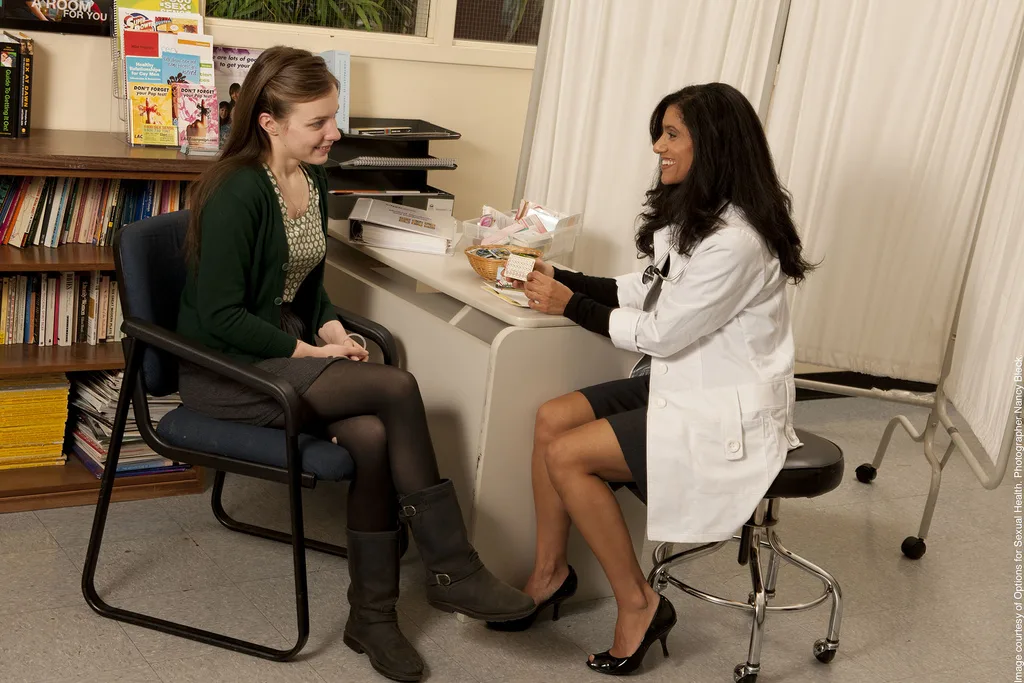
Drinking or taking drugs can be harmful to anyone’s brain or body, but it can be especially harmful for teens. Since the brains and bodies of teenagers haven’t fully developed, the impact of underage drinking and substance abuse can be far greater when compared to adults.
The Dangers of Teen Underage Drinking
The short-term effects of teen underage drinking can include:1
- Poor decisions are frequently made when under the influence of alcohol
- Being intoxicated leads to inappropriate or risky behaviors
- Risky behaviors like drunk driving, unprotected sex or aggression can occur
- The inability to recognize and/or avoid potentially dangerous situations
The long-term consequences of teen underage drinking can include:1
- Abnormal brain development
- Negative effects on information processing and learning skills
- An increased risk for developing an alcohol problem later on in life
The Dangers of Teen Substance Abuse
Many drugs that teenagers take can have short-term effects on the brain and body. Some drugs can cause permanent damage to still-developing young people.
The following short-term effects may be seen in teens abusing drugs:2
- Quickly changing moods
- Sadness, anger or fear for no clear reason
- Overreaction
- Violent behaviors
- Hallucinations
- Paranoia
- Loss of concentration
- Memory loss
- Muddled thinking
Drug use in teens can also have harmful long-term effects, which include:3
- Permanent health problems
- Heart disease, stroke, cancer, HIV/AIDS, hepatitis and lung disease
- Accidents while on drugs, such as car accidents and work injuries
- Violent behaviors
- Worsening depression
- Drug overdoses
Getting Help for Teens with Substance Abuse Problems
Evaluation
You can help a teen who is struggling with drug or alcohol abuse by seeing an addiction professional. An addiction specialist can advise you about programs that are specifically tailored to help young people into recovery.
First, a clinical evaluation assesses the teen’s condition. After the assessment, the clinician helps the family decide the type of program best for their teenager.
Intensive Outpatient Treatment
An intensive outpatient program (IOP) may be the best option. It’s less restrictive than the 24/7 monitoring of inpatient rehab, allowing a teenager to continue attending school. IOP is also a good option after a young person has completed inpatient rehab, offering further support for sobriety.
IOPs provide individual and group counseling, as well as drug screening, to support teens in their sobriety efforts. Also, since addiction is a family disease, a high-quality treatment center will also offer family counseling.
Outpatient Therapy
Family therapists conduct outpatient counseling sessions with a teen’s loved ones. Sessions can be individual or treat sets of family members together. Loved ones can also meet in larger groups.
Take the First Step
Begin the process of helping your teen to heal from addiction by contacting a healthcare professional for more information. Professional help starts the recovery journey for your teenager and the rest of your family. Contact Rehab After Work to inquire about our adolescent treatment programs.





